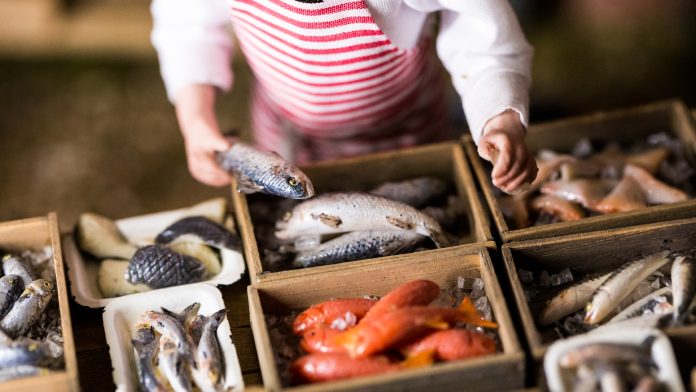According to new legislation published by the British government, all UK fish stocks will be fished at sustainable levels after Brexit.
After the UK steps back from the EU Common Fisheries Policy, the newly announced Fisheries Bill gives the UK the power to operate as an independent coastal state.
The EU Common Fisheries Policy currently dictates how much fishermen from the UK can catch from British waters while also determining their fishing grounds. This policy also allows vessels registered in other member states to fish in British waters, which will no longer be an automatic right due to the post-Brexit Fisheries Bill.
Irish Prime Minister Leo Varadkar said: “may have to make concessions (in a future EU trade agreement) in areas like fishing in order to get concessions from us in areas like financial services”.
Environment Secretary Theresa Villiers said it would allow the UK “to create a sustainable, profitable fishing industry for our coastal communities, whilst securing the long-term health of British fisheries”.
This post-Brexit Fisheries Bill clearly shows that all fish stocks must be fished at sustainable levels. The bill also protects vulnerable species like dolphins from being harmed.
Another feature of the bill is ‘climate smart fishing’ which considers the impact of climate change on the fishing sector. For example, under this post-Brexit Fisheries Bill, fishermen are expected to adapt their behaviour in cases where fish populations move as a result of rising sea temperatures.
Patrick Killoran, from Greener UK said the bill “recognises that vibrant fisheries create a healthier wider environment…However, this will only work if the government closes loopholes in the last bill that allowed ministers to exceed fishing limits.”
The first reading of the Fisheries Bill took place on 29 January, signally the start of the bill’s journey through the British House of Lords.







